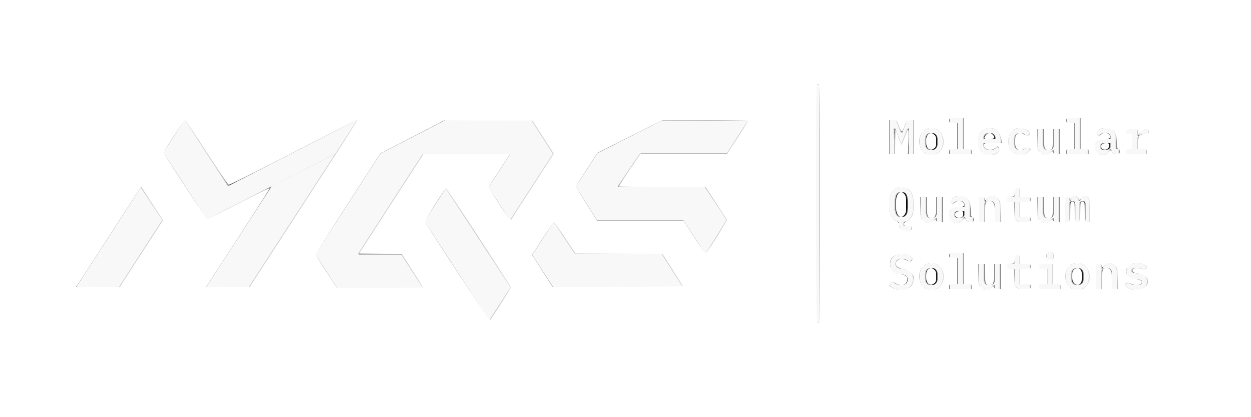Acceleration
through Simulation
Precision and speed with modular quantum chemistry and machine learning pipelines for biopharmaceuticals, materials, and chemistry R&D. Calculate, find, and develop breakthrough compounds in hours, not months.
200M+MOLECULES INDEXED
10xFASTER R&D CYCLES
DFT & CCS(D)TLEVEL ACCURACY
How do I calculate the solubility of small molecules in ionic liquids?
How can I predict the viscosity of the surfactant mixture alpha-olefin sulfonate (40 vol%), water (50 vol%) and sodium chloride (10 vol%) with the Cebule SDK?
Please show me how to assess the properties of polymeric materials or biomolecules.
TRUSTED BY RESEARCH INSTITUTIONS AND INDUSTRY LEADERS
















PLATFORM CAPABILITIES
Everything you need for molecular screening, discovery & development
From quantum chemistry calculations to ML-driven experimental design, the Cebule™ platform accelerates your entire R&D workflow.
Visual interface to search through quantum chemistry data of over 200 million molecules, HPC tasks overview of all calculations and agentic research conversation log.
Python SDK for programmatic access to molecular data, quantum chemistry based prediction models, the graph neural networks library and CPU-GPU high performance compute nodes. Seamlessly integrate with your existing workflows.
Fast-track your research challenges with an agentic assistant to prototype workflows, code examples and for suggesting data examples.
BUILT FOR YOUR WORKFLOW
Whether you code or not, Cebule™ works for you
Different entry points for different expertise levels-all leading to accelerated research outcomes.
FOR EXPERIMENTALISTS
Lab Researchers & Engineers without Coding Skills
Use the Cebule™ Dashboard interface to search molecular properties, visualize data, and design experiments-no programming required.
Molecular search with wildcard functionality across 200M+ compounds
Interactive property visualization and dataset comparison
Access and export data easily
AI Research Agent for guided discovery
FOR DEVELOPERS
Engineers & Scientists with Python Coding Skills
Leverage the Cebule™ SDK to build custom pipelines, integrate with your own toolstack, and scale computations on the Cebule™ HPC or via your infrastructure.
Python SDK with comprehensive models and algorithms access
JupyterLab and Kubeflow integration
High performance CPU-GPU nodes included
SLURM and hybrid cloud infrastructure support
MLOps for reproducible pipelines
PRICING
Start free, scale as you grow
Flexible plans for researchers, teams, and enterprises. No credit card required to get started.
Cebule™ Free
Perfect for exploring
25 min compute time
Access to the platform for initial testing
Explore the interface and core functionalities
Most Popular
Cebule™ Professional
Pay per usage
Database
HPC Engine and Model Library
Research Agent
Jupyterlab & Kubeflow
700 minutes - 50$ (40€)
2500 minutes - 150$ (130€)
6000 minutes - 300$ (260€)
Cebule™ Enterprise
Cloud/on-premise + optional European HPC provision
Select Features
AWS, Azure, Google Cloud deployment (other providers also supported)
On-premise and/or supercomputer/HPC connection capabilities
Quantum computing integration
Automated lab connection
Ready to accelerate your research?
Join researchers from leading academic and industrial research groups using Cebule™ to transform their R&D workflows.

